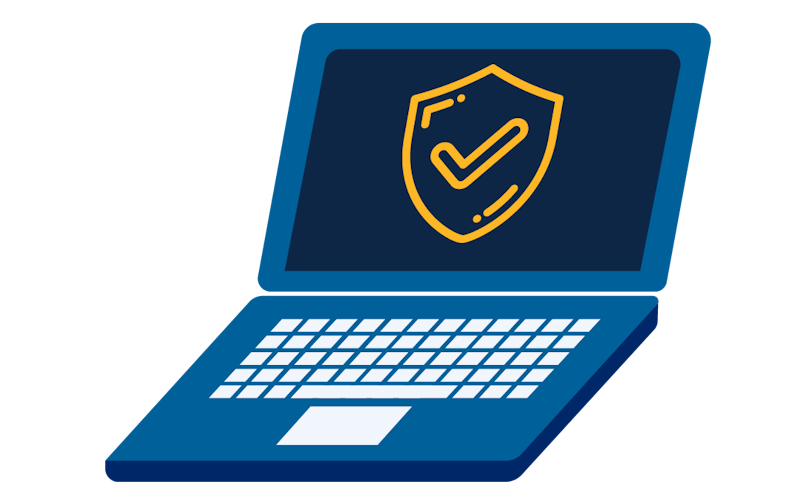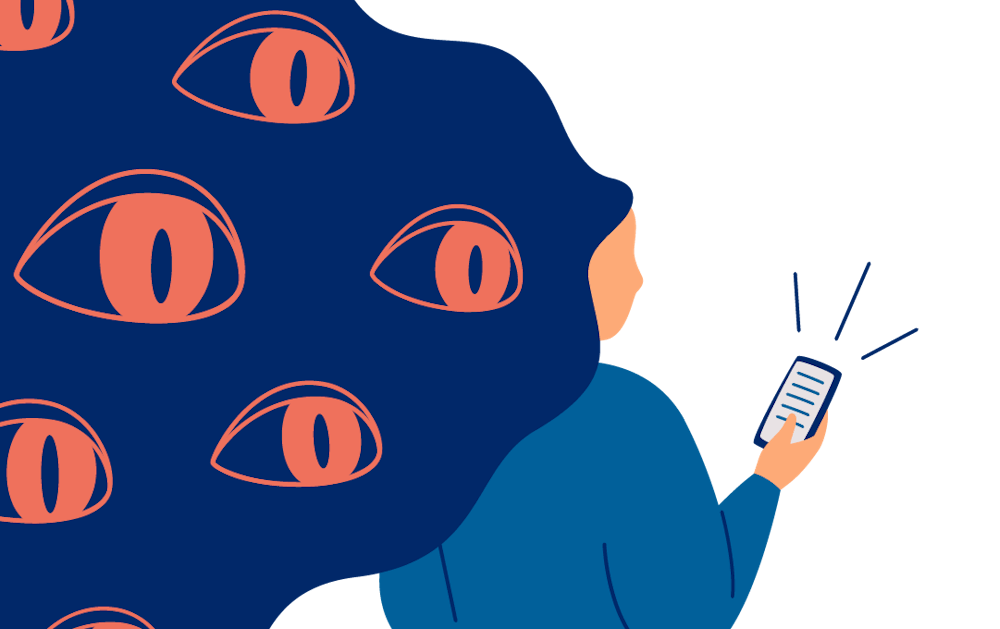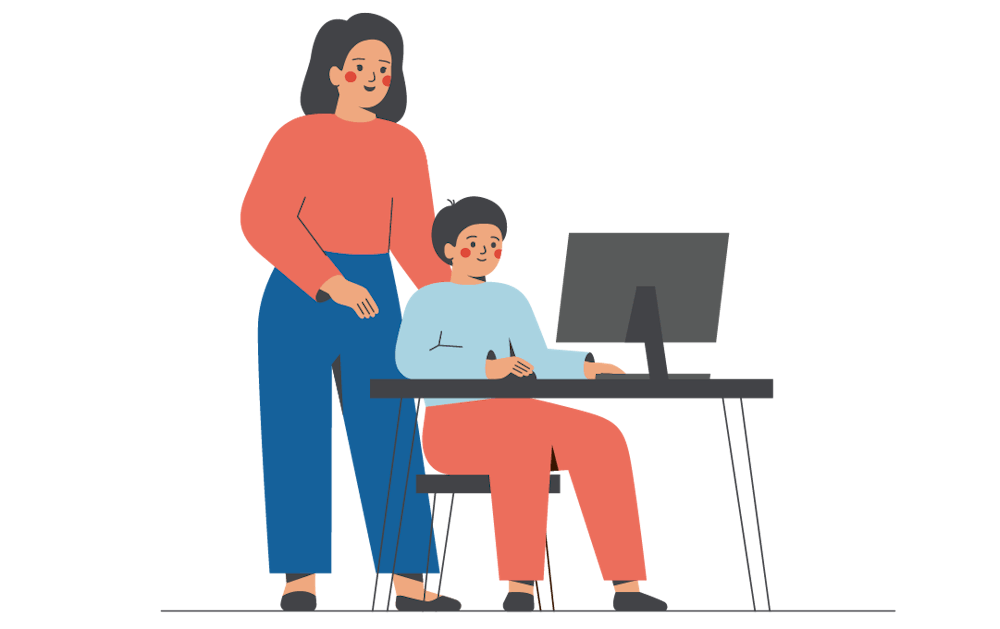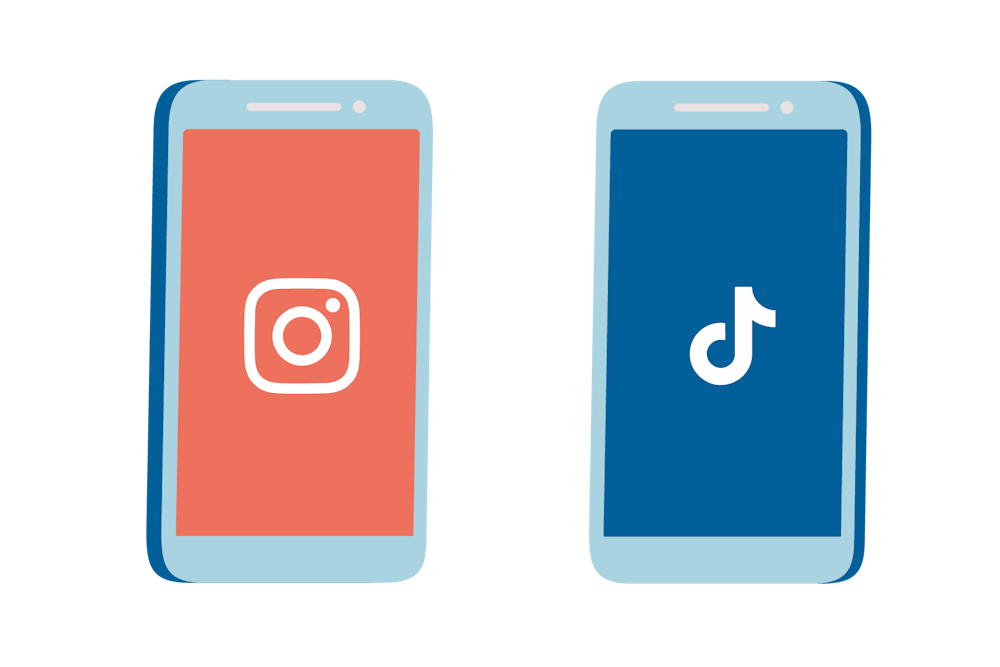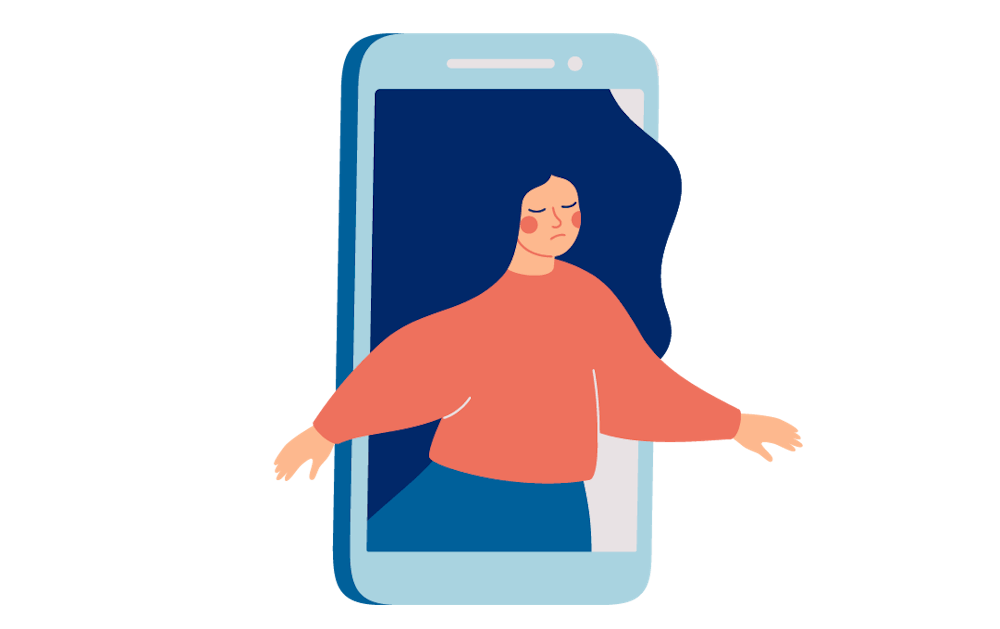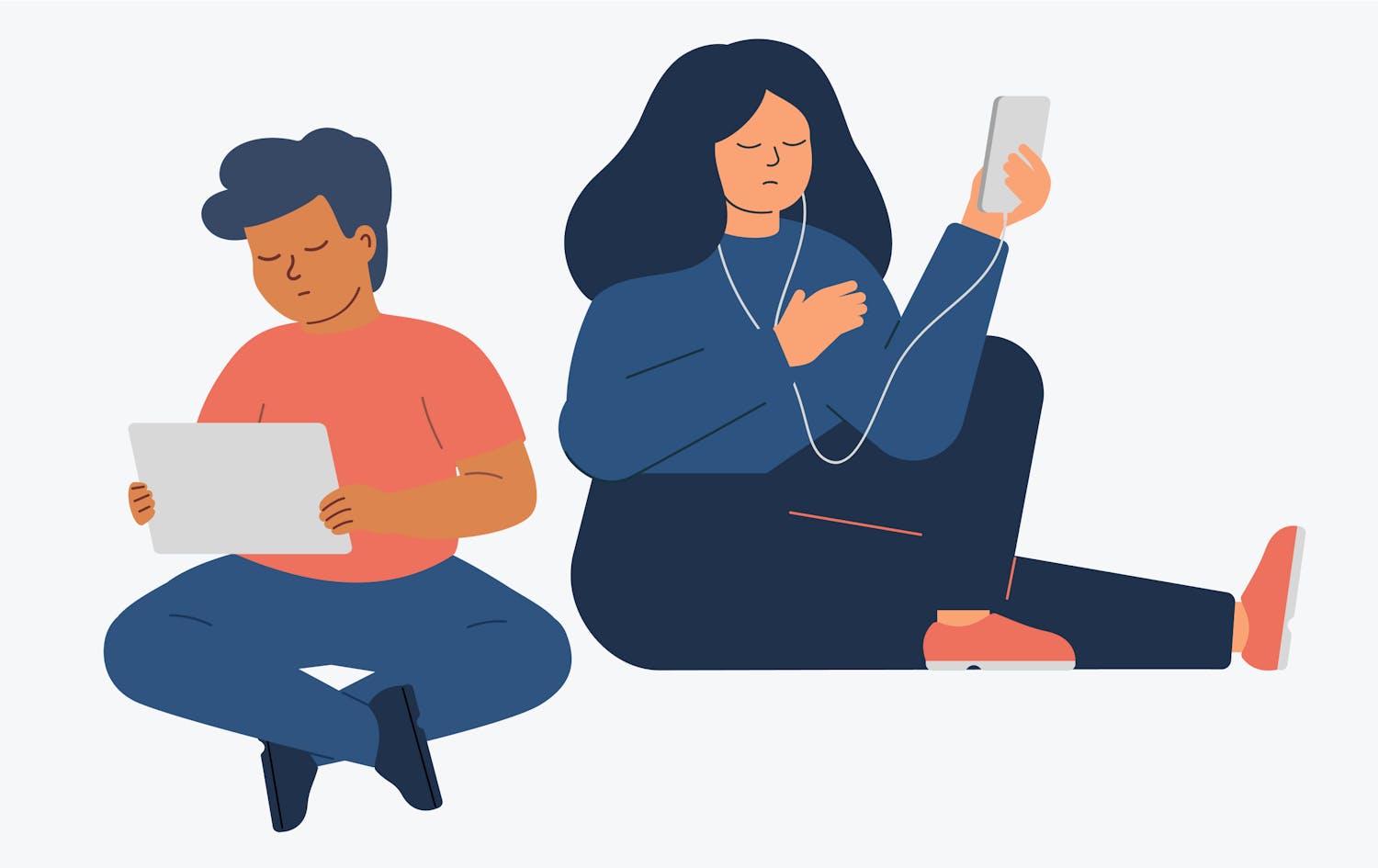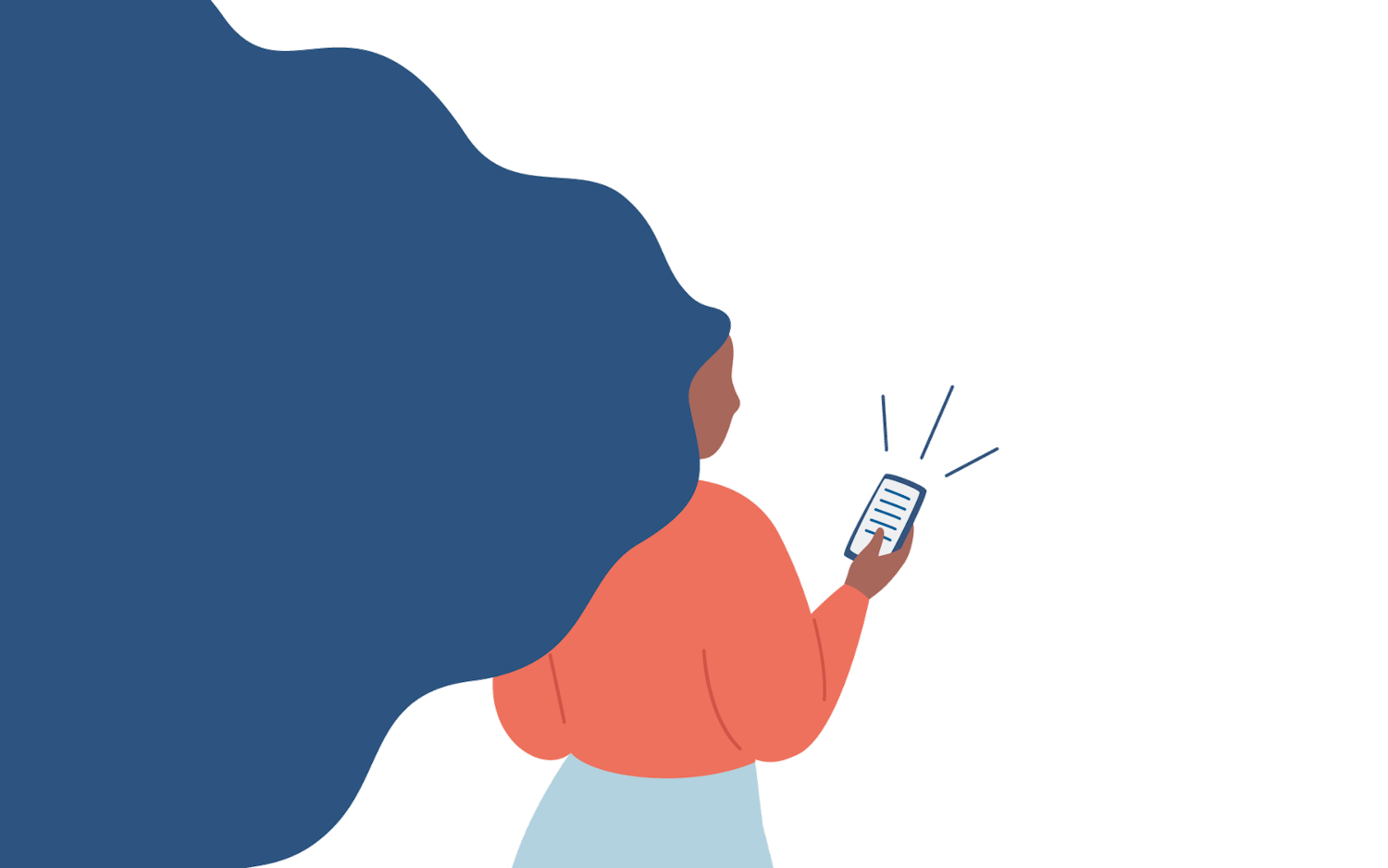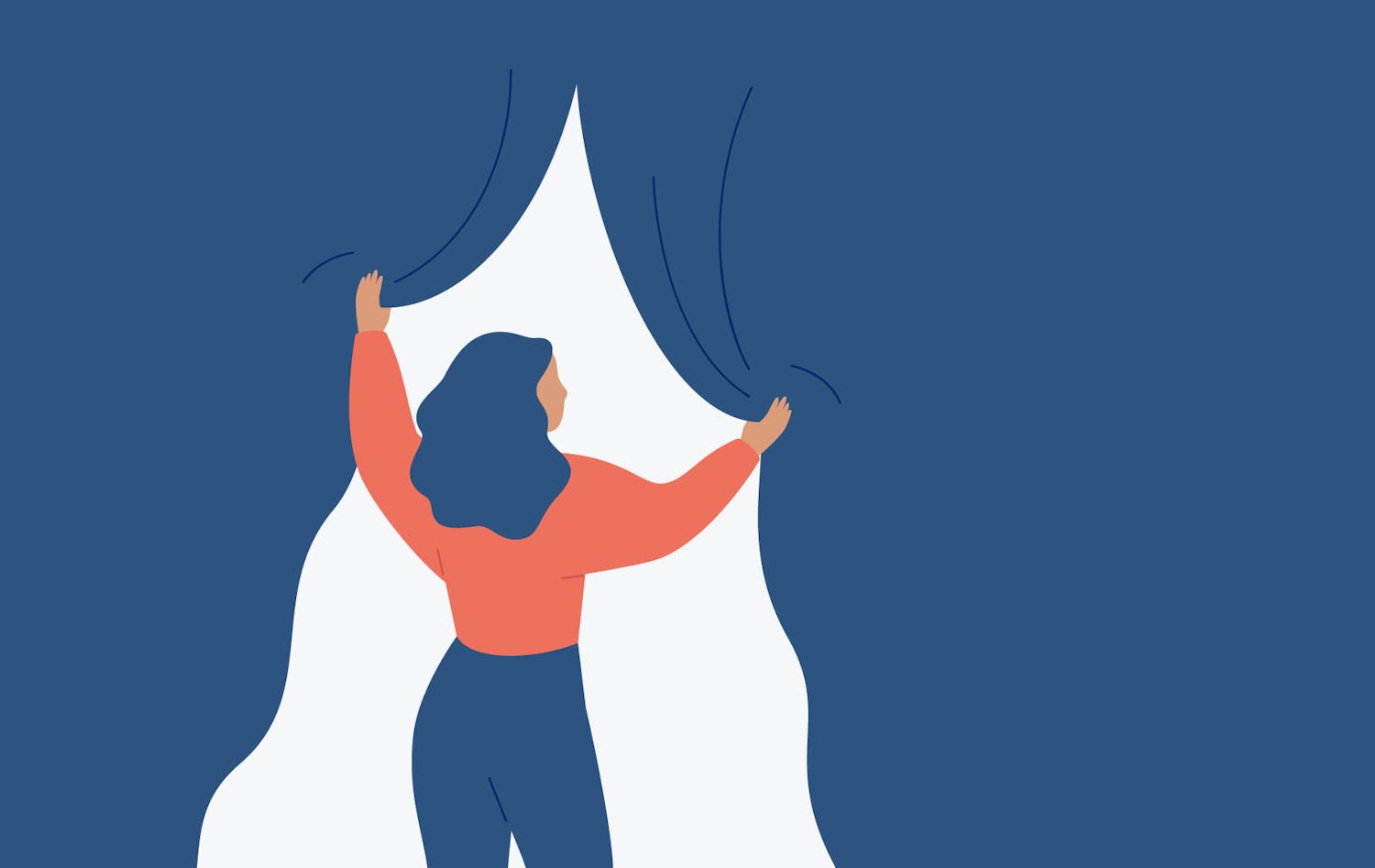Digital monitoring
Today we use the internet and smart devices to access all kinds of information and contact other people. Unfortunately, this means that it is easier to spy on your movements and what you do on the internet. Here you can read about how to secure your tech.
Some of the information is very technical and it is, therefore, good to have a person with technical knowledge to go through it with you.
Keep in mind that if someone is monitoring you, you might be at greater risk if you remove the spyware. It is most important to become aware of it and take appropriate action so you can safely use your devices.
Main points
- Use private mode on the browser or clear the browser history that you don’t want others to see.
- Use safe passwords which only you know.
- Use safe methods for communication, such as an alternative email address, alternative communication apps and another phone that is kept in a safe place in the home or by a friend or neighbor.
- Do not share your location on the phone, social media or other apps and ask your friends not to tag you.
- Make sure that unauthorized persons do not have access to personal information through financial apps, calendars or other apps.
- Make sure that email clients are not forwarding your mail.
- Keep Bluetooth turned off on your phone.
Read on for more detailed information on securing your tech.
